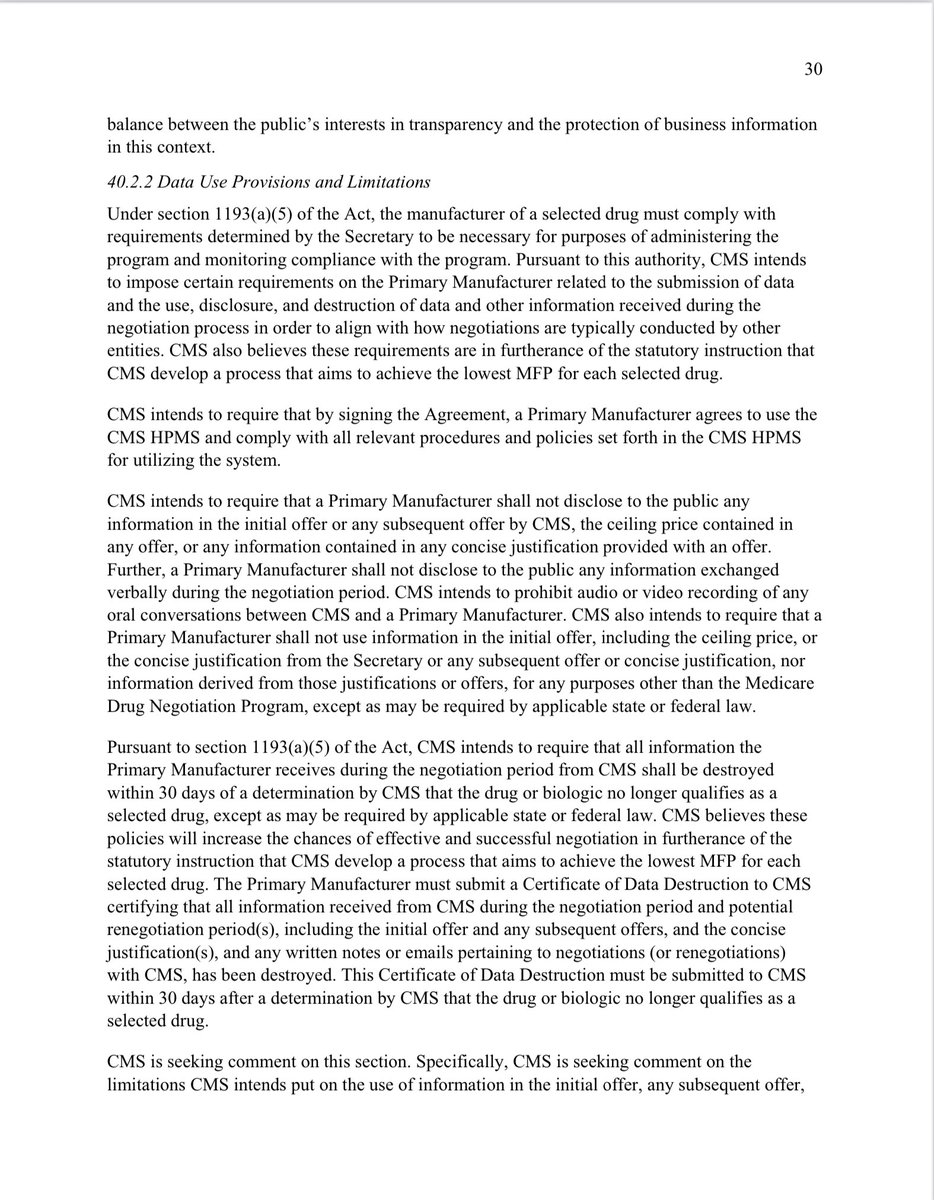Thread: My longstanding public health perspective is a critical shortcoming of our early response was the lack of diagnostic testing to detect community spread and target early mitigation. We were situationally blind. So we over-relied on flu surveillance because it’s all we had
https://twitter.com/FaceTheNation/status/1305172196294303749
I first raised these concerns in writing on Jan 27, when I said "global spread appears inevitable. So too are...outbreaks in the U.S." and called for the rapid development of accessible diagnostics as a "key to enabling successful public health measures" cnbc.com/2020/01/26/op-…
There were regulatory hurdles that had to be cleared to enable academic and commercial labs to offer their own, lab developed tests that could help meet the testing demand. I outlined the "Catch-22" that was blocking these tests in a series of tweets.
https://twitter.com/scottgottliebmd/status/1224042220665307137?lang=en
At the same time, I tried to help publicly outline the contours of a regulatory path for bringing more laboratory developed tests to patients through the emergency authorization process in a series of tweets and articles.
https://twitter.com/scottgottliebmd/status/1231944326827081729?lang=en
Lots of things went wrong in Feb. We were in fog of war. And there were lots of inaccurate and incomplete messages. But I think when we look back, and plan for how to prevent a similar tragedy; having early, accurate diagnostic tests deployed is going to be a critical capability.
• • •
Missing some Tweet in this thread? You can try to
force a refresh










